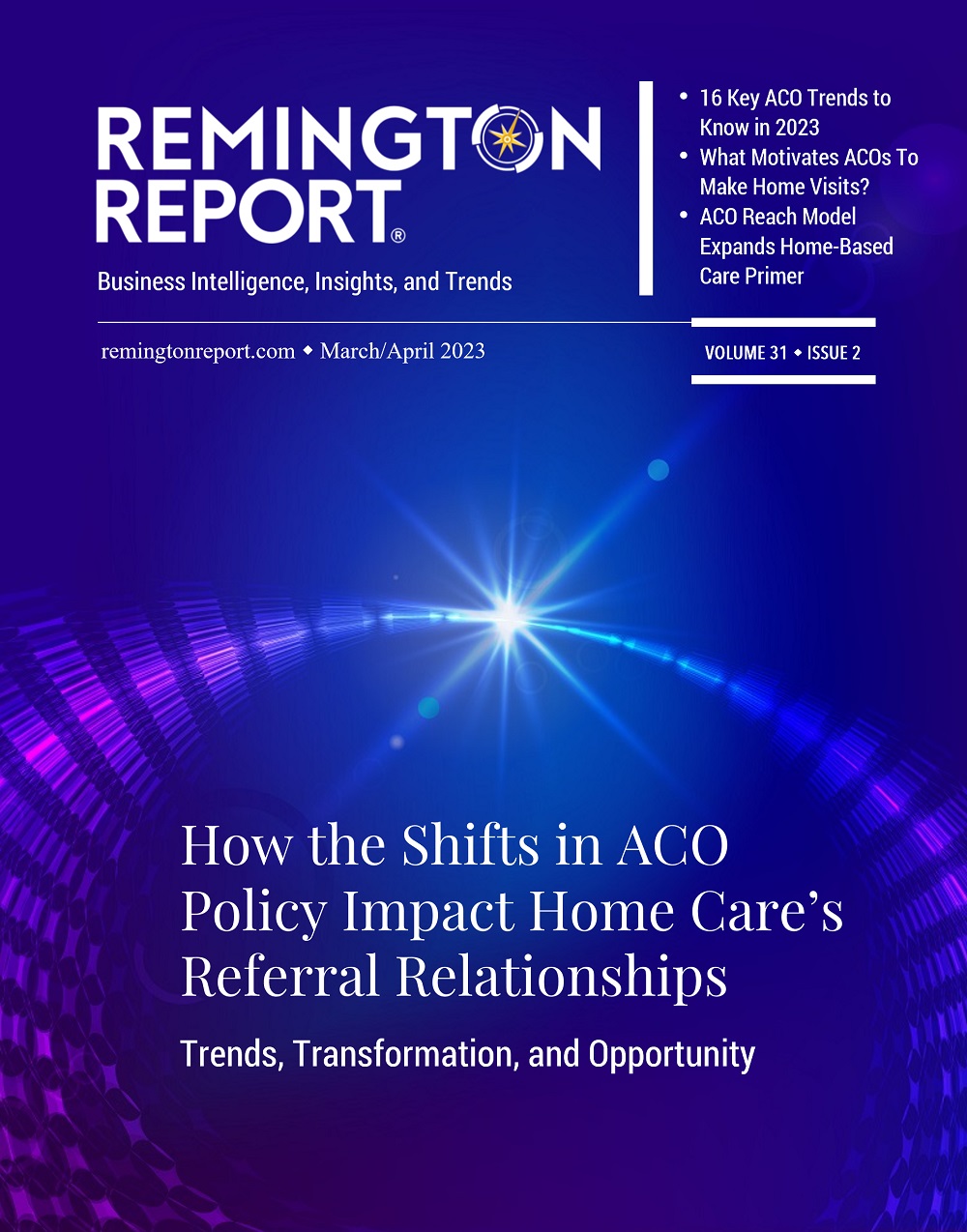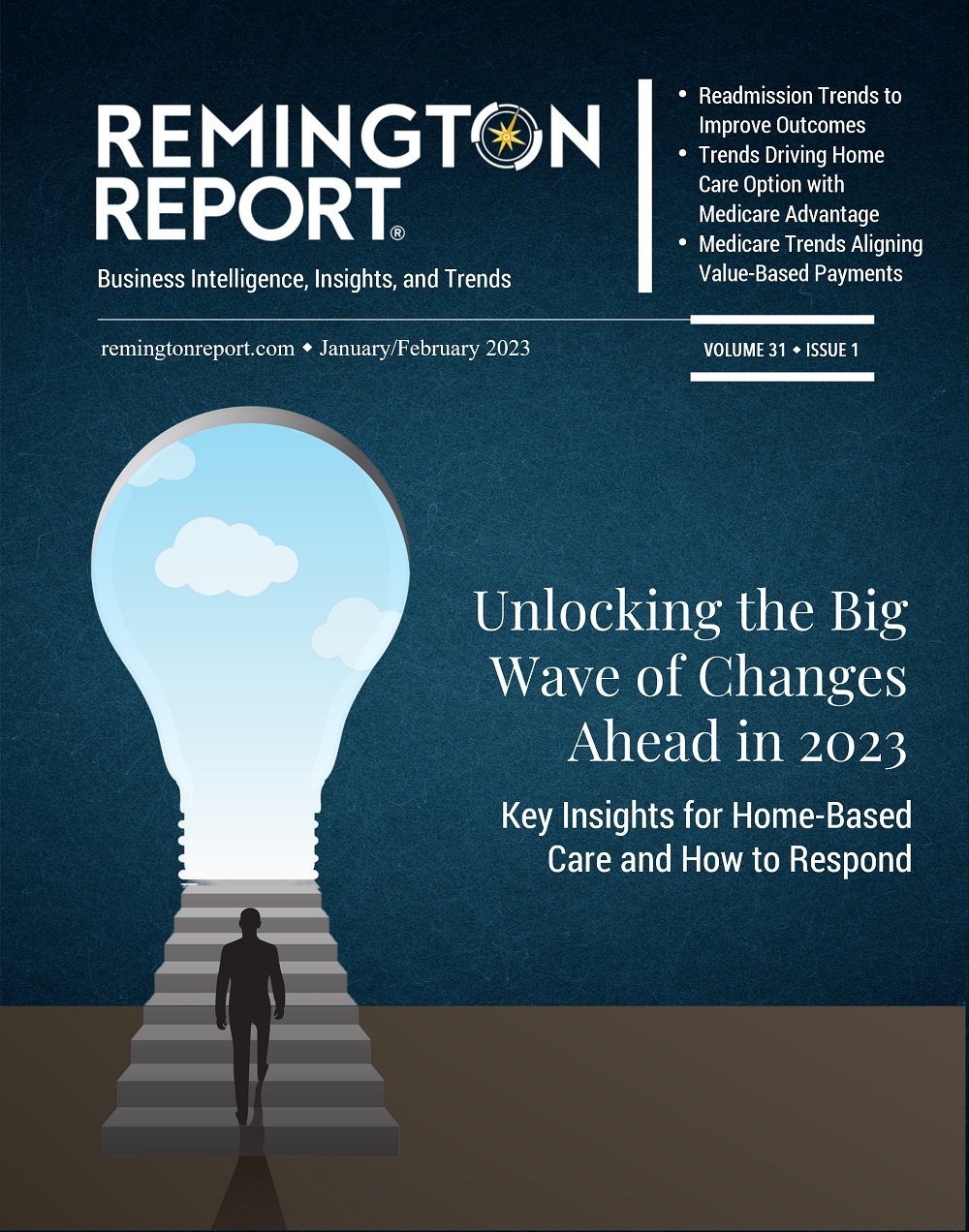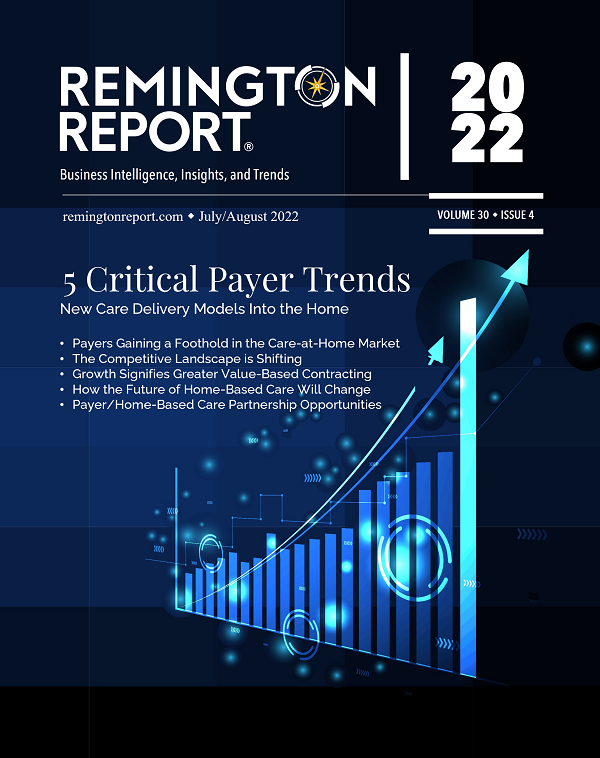Unlocking Business Intelligence: A Deep Dive into Chronic Conditions
Transformative Insights and Compelling Reasons Chronic Care Is Reshaping The Home Care Industry

The home care industry lies at the center of chronic care management. It holds the key to reducing the overall cost of care, minimizing readmissions, emergency department visits, and offering value propositions that align with partnerships involving hospitals, health systems, ACOs, payers, and Medicare Advantage Plans.
Consider, for instance, the article titled, “Tackling Alzheimer’s and Dementia Readmissions and ED Visits.” Studies reveal that individuals who receive home health services after hospital discharge are more likely to remain in their community for at least 30 days following discharge, with even greater benefits observed with extended periods of home health care.
In the article titled, “Revealing The Impact: Comparing 30 Chronic Conditions With and Without Home Care Services on Total Cost of Care,” a pivotal discovery emerged: patients who received targeted home-based care experienced substantially lower total costs of care compared to those who did not.
Yet another instance is the Chronic Care Management (CCM) program’s sluggish progress. In the article titled, “Assessing the Effectiveness of Chronic Care Management Services,” we discover that despite about 35 million traditional Medicare beneficiaries – representing two-thirds of them – suffering from multiple chronic conditions, less than 10% have availed themselves of CCM services. Fragmented care incurs an annual cost exceeding $75 billion, a challenge that CCM aims to tackle through enhanced coordination of healthcare resources. A significant hurdle lies in physicians’ capacity to consistently monitor patients beyond office visits.
Chronic diseases constitute the majority of morbidity, mortality, and healthcare expenditures in the United States. There’s a pressing need for significant shifts in how healthcare systems, public health, and other sectors tackle the chronic disease epidemic. Evolving strategies involve coordinating care for individuals with complex illnesses, expanding the reach of healthcare systems to unconventional settings, and addressing health behaviors and social determinants of health both within healthcare settings and through collaborations with community organizations.
Programs promoting team-based care among providers can offer valuable chronic care management solutions. Take, for instance, the GUIDE Model. Participating organizations will implement dementia care programs designed to deliver continuous, comprehensive care and assistance to individuals with dual eligibility for Medicare and Medicaid who are living with dementia and their caregivers. These programs involve interdisciplinary teams, each comprising a knowledgeable and skilled care navigator. Care navigators assist individuals living with dementia and their caregivers in accessing both clinical and non-clinical services and supports, such as person-centered assessments, care plans, care coordination, caregiver training, meal services, transportation through community-based organizations, and round-the-clock access to support lines. We’re witnessing a growing trend in healthcare towards embracing holistic approaches. Team-based care holds promise in enhancing outcomes in chronic care management.










